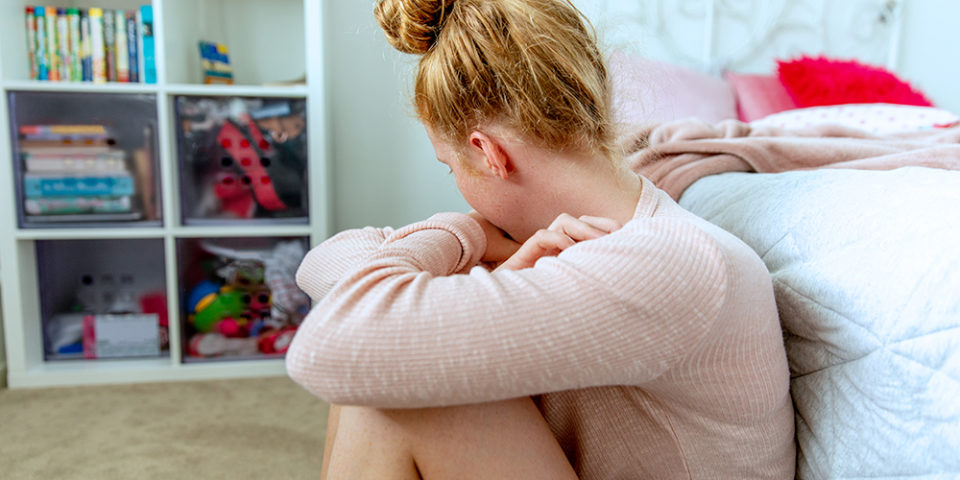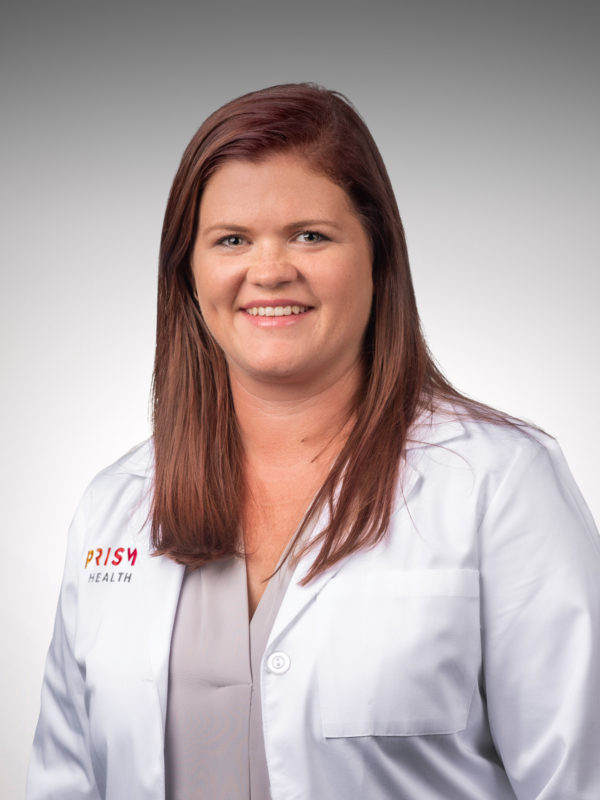What are some signs of depression in teens?
Mood swings are a part of growing up, especially during adolescence. It’s normal for kids of all ages to feel sad and hopeless from time to time, but what about when moodiness isn’t ‘just’ moodiness at all? How can you know if your child is depressed? Pediatric psychiatrist Brittany Peters, MD, explained the most common signs of childhood depression and how parents can help.
What is depression?
According to the National Institute of Mental Health, depression is a common but serious mood disorder that affects how you feel, think and handle daily activities, such as sleeping, eating and participating in school or work. To be diagnosed with depression, the symptoms must be present for at least two weeks.
What causes depression in teens?
“Depression in teens is likely cause by a variety of factors, including changes in brain chemicals that carry signals between different parts of the brain,” Dr. Peters said. “Changes in hormones, traumatic events and negative thinking patterns can also lead to an increased risk of depression.”
What are some signs of depression in teens parents should look for?
Some signs of depression parents should look for in their kids include:
- Frequent feelings of sadness or irritability
- Not enjoying the activities they used to enjoy
- Isolating from family and friends
- Changes in appetite, either eating more or less than usual
- Having trouble falling and/or staying asleep or sleeping more than usual
- Feeling tired and unmotivated
- Feeling down on themselves, making frequent statements about things being their fault or that they are worthless
- Having trouble concentrating and diminished school performance
- Having thoughts of suicide or thoughts that it might be easier to not be alive
How can parents help?
If you see these red flags, it’s important, first, to acknowledge it as possible depression. “Talk to your child about your concerns and provide a space for them to express how they are feeling,” Dr. Peters said. “Let them know that it is okay to have these feelings and that you want to support them in feeling better. If you are concerned that your child is experiencing feelings of depression, reach out to their primary care provider for further evaluation and recommendations.”
Find the care you need, close to home
Our primary care physicians provide well visits and everyday care when you need it with compassion and expertise.
Find Primary Care Near You

